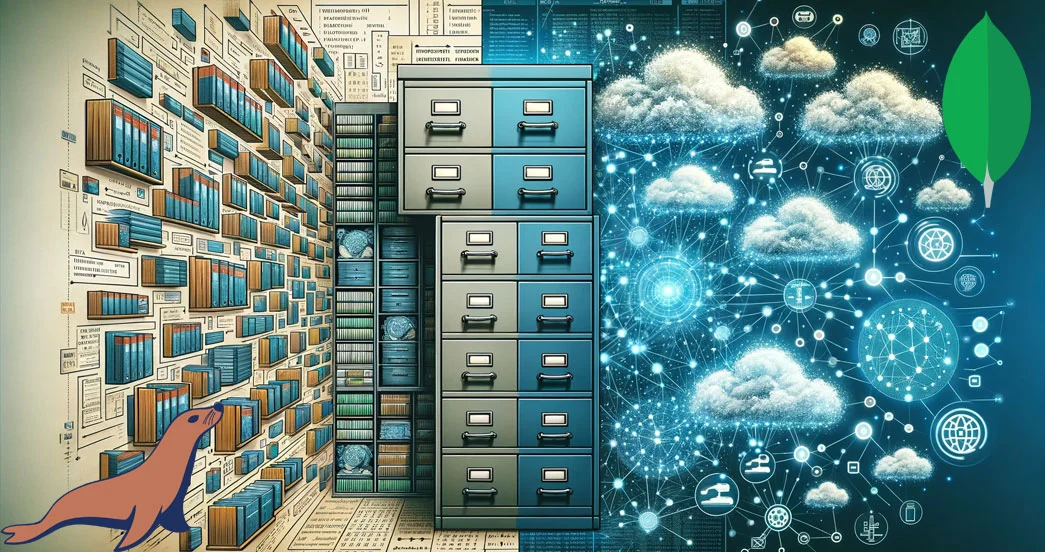Accept our cookies, and here's what we promise: You'll be seeing us a lot in our remarketing ads as you surf the web. Think of it as bumping into friends in the most unexpected places.
✔️ Sounds Good! I'm in for the journey. ✔️ Sounds Good! I prefer to keep things low-key

